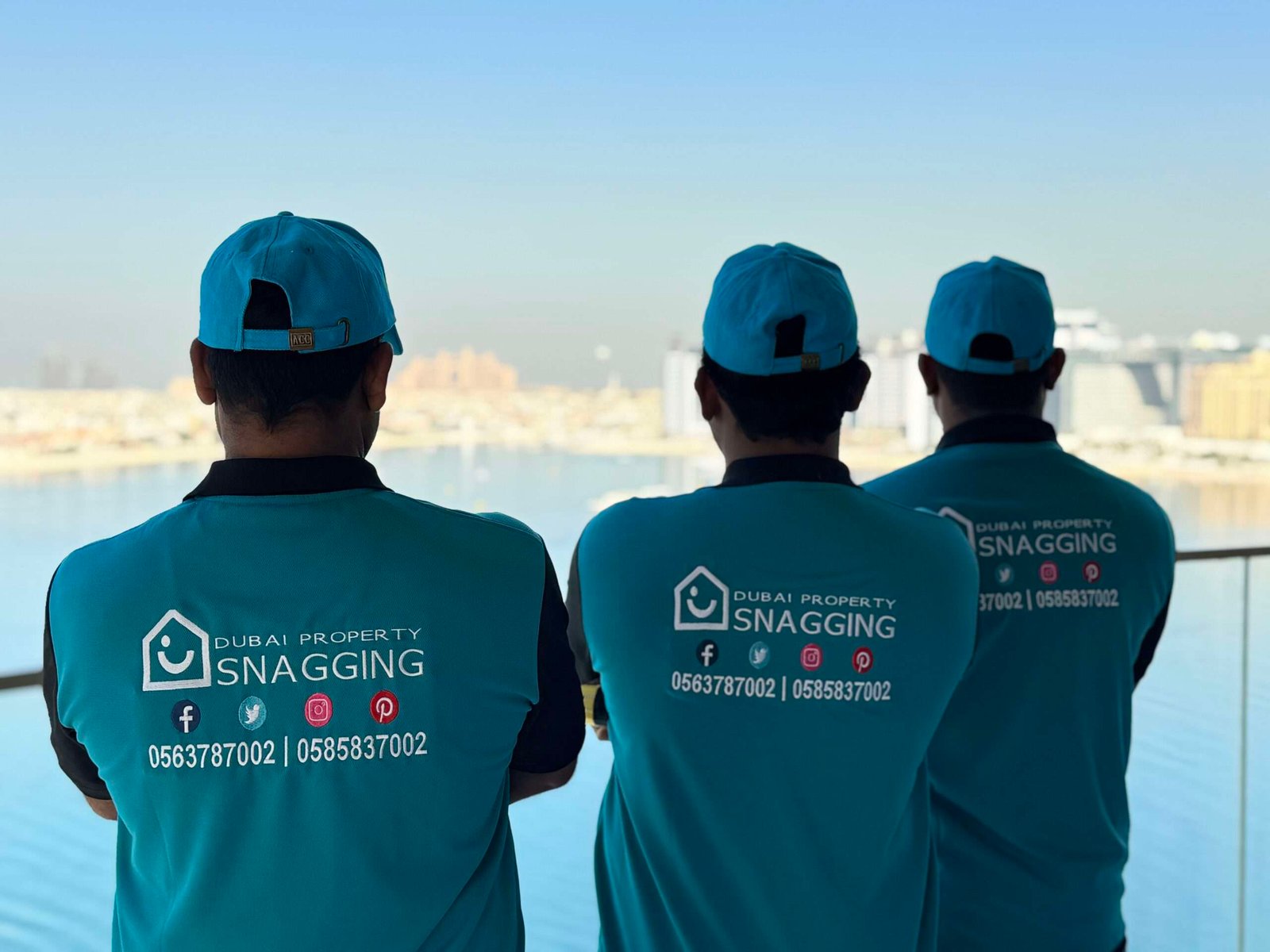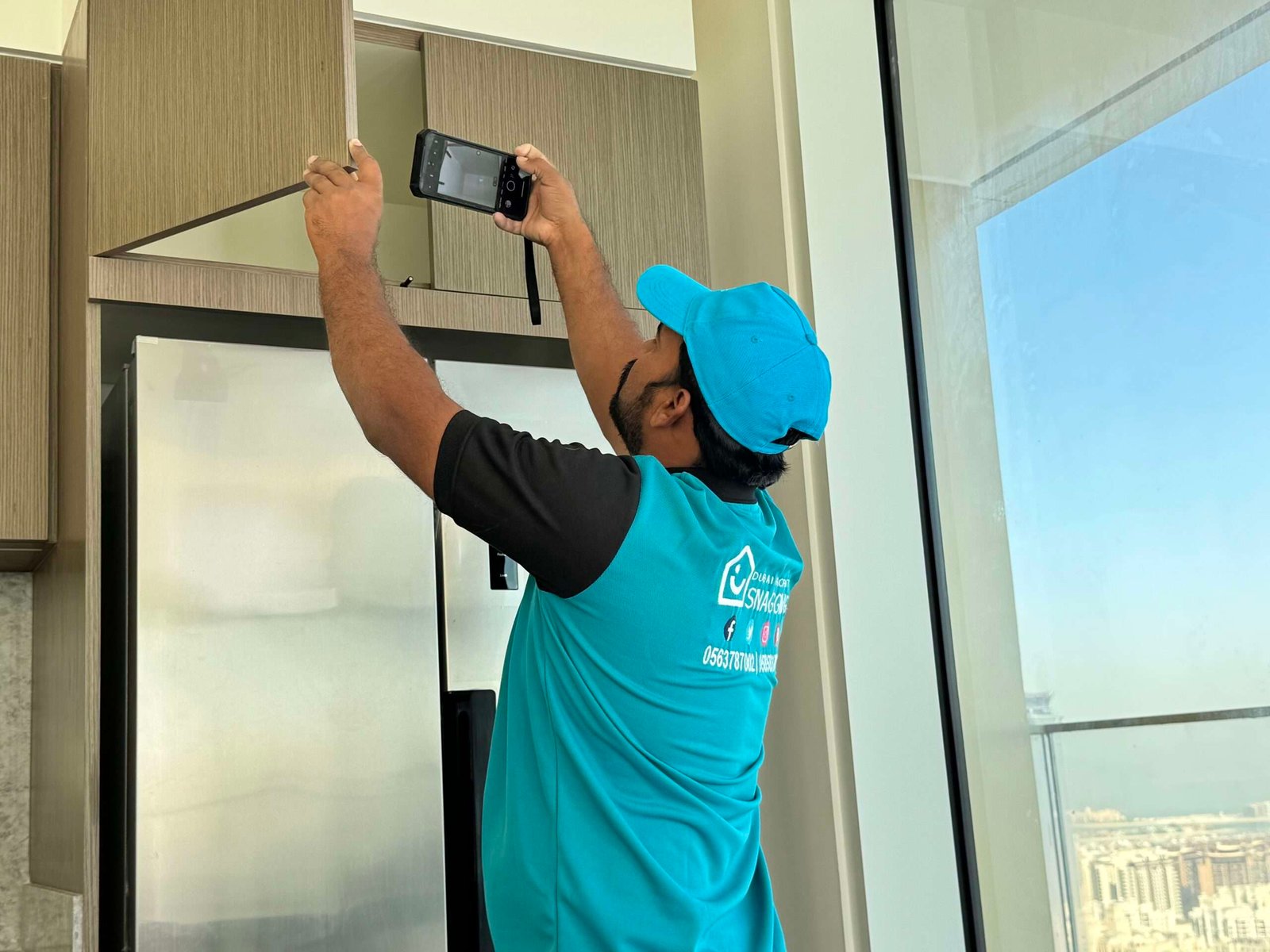How to Select a Quality Assurance Partner in Dubai
Dubai, with its rapid growth and ever-evolving industries, is home to some of the most ambitious projects across sectors like real estate, construction, finance, healthcare, and technology. As businesses continue to scale and innovate, the need for high-quality products and services becomes increasingly important. This is where Quality Assurance (QA) comes in. QA ensures that products, services, and processes meet the highest standards, satisfy customer expectations, and comply with regulations.
Choosing the right Quality Assurance partner in Dubai can be a pivotal decision for any company. With numerous QA service providers available, selecting the right one can seem overwhelming. In this blog, we’ll guide you through the key factors to consider when selecting a Quality Assurance partner to ensure your project’s success.
1. Assess the Provider’s Expertise and Industry Experience
The first step in selecting a QA partner is to ensure they have expertise in the specific industry and domain relevant to your project. Different industries have different requirements, standards, and expectations for quality assurance.
- What to look for: Check if the provider has experience working in your industry. For instance, if you’re in construction or real estate, find a partner with knowledge of building codes, safety regulations, and sustainable construction practices. If you’re in tech, make sure they understand software development methodologies and can adapt to the latest testing tools and technologies.
- Why it matters: An experienced QA partner will be familiar with common challenges in your industry and know how to apply the best practices for quality assurance that are specific to your project.
2. Evaluate Their QA Methodologies and Processes
Different QA service providers use different methodologies, from traditional manual testing to modern automated testing and agile-based quality practices. It’s important to understand the methodologies they apply to ensure they align with your goals and the specific needs of your project.
- What to look for: Does the QA partner follow structured and well-documented processes? Are they familiar with industry standards such as ISO 9001, Six Sigma, or Agile testing practices? Do they use a combination of manual and automated testing to ensure thorough coverage?
- Why it matters: A QA partner with the right processes and tools in place can ensure the testing is efficient, effective, and aligned with your project timeline. Depending on the complexity of your project, you may need a partner who can blend multiple testing methodologies to achieve optimal results.
3. Check Their Reputation and Client Testimonials
A reputable QA partner will have a proven track record of delivering high-quality services. Checking their past work and the satisfaction of their clients is crucial in evaluating their ability to meet your expectations.
- What to look for: Ask for case studies, client references, or testimonials that demonstrate the QA partner’s experience and success in similar projects. If possible, contact previous clients to inquire about their experience working with the provider.
- Why it matters: Positive reviews and case studies show that the provider has delivered results in the past and is trusted by their clients. On the other hand, negative feedback can be a red flag that suggests potential problems down the line.
4. Understand Their Team’s Qualifications and Skills
The quality of the QA team will directly impact the quality of the services they provide. It’s essential to assess the qualifications, skills, and experience of the team members who will be working on your project.
- What to look for: Look for QA specialists with relevant certifications (such as ISTQB for software testers), expertise in your field, and experience with the tools and technologies that are critical to your project. In addition, check if the team stays updated with the latest trends and innovations in QA practices.
- Why it matters: A well-qualified team is more likely to identify and address potential issues early, ensuring that the project runs smoothly and meets all quality standards. A team with specialized knowledge can also adapt more easily to complex challenges.
5. Assess Communication and Collaboration
Quality Assurance isn’t just about testing—it’s about communication and collaboration between teams. A QA partner who maintains clear, open lines of communication will ensure a more seamless workflow, minimize misunderstandings, and ultimately lead to a more successful project.
- What to look for: Does the QA partner keep you regularly updated on progress? Are they open to feedback and able to quickly make adjustments based on new information or changes in project scope? Do they have a collaborative approach to working with your in-house teams or contractors?
- Why it matters: Good communication helps prevent delays and ensures that all parties are aligned throughout the process. A collaborative QA partner will be proactive in identifying problems and working with your team to implement solutions quickly.
6. Review Their Technology and Tools
The tools and technology a QA partner uses can significantly impact the efficiency and effectiveness of the quality assurance process. Whether you’re working on software development, construction, or manufacturing, having the right tools in place is essential for accurate testing and efficient project delivery.
- What to look for: Ask about the tools they use for project management, test automation, performance testing, or defect tracking. Do they use state-of-the-art technologies or legacy systems that may limit their ability to deliver fast, accurate results?
- Why it matters: Modern testing tools can significantly speed up the process, reduce human error, and increase the accuracy of test results. Using the right technology can also improve collaboration between teams and enhance the overall efficiency of the project.
7. Consider Their Flexibility and Scalability
Your project’s needs may evolve over time, and a good QA partner should be flexible enough to adjust to any changes in requirements, timeline, or budget. Whether it’s scaling the team up to meet new demands or adjusting to last-minute changes, flexibility is key.
- What to look for: Can the QA partner scale their team to meet increasing demands? Are they willing to adapt their approach to accommodate changes in the project? Do they offer flexibility in terms of engagement models (hourly, project-based, etc.)?
- Why it matters: Flexibility ensures that the QA partner can accommodate unexpected challenges or changes without causing delays or compromising on quality. A partner who is adaptable is more likely to become a long-term, reliable resource.
8. Assess the Cost and Value Proposition
Cost is always a consideration, but it should not be the sole deciding factor. It’s important to find a balance between cost and value. A cheap QA provider may not always deliver the best results, while an expensive one may not necessarily guarantee the highest quality either.
- What to look for: Consider the overall value offered by the QA partner—quality of service, expertise, technology, and communication. Ensure that the pricing structure aligns with the scope of your project and that there are no hidden costs or fees.
- Why it matters: A quality assurance partner should provide a return on investment by ensuring high-quality outcomes, reducing risks, and preventing costly mistakes. The focus should be on finding a partner who offers the best value for the services they provide.
Conclusion
Selecting the right Quality Assurance partner in Dubai is a critical decision for ensuring the success of your project. By evaluating factors such as industry experience, QA methodologies, reputation, team qualifications, and communication practices, you can choose a partner who will work collaboratively with you to achieve exceptional results.
Quality assurance is not just about meeting standards—it’s about building a long-term relationship with a trusted partner who will help you enhance product quality, minimize risks, and ultimately achieve your business goals. Take the time to research potential partners, ask the right questions, and choose the one that offers the right balance of experience, expertise, and value for your specific needs


